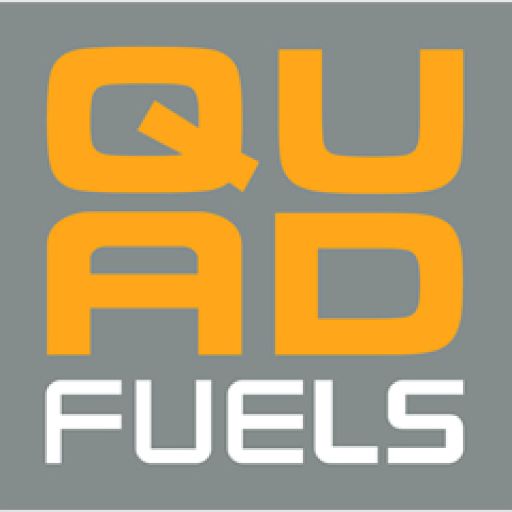Running a farm is no small feat! Between long hours, demanding labour, and costly overhead, managing expenses can be a challenge. One of the most significant recurring costs for farmers is fuel. With agricultural fuel prices climbing once again, finding smart ways to reduce consumption is more important than ever.
Fortunately, there are several practical strategies you can adopt to lower your fuel costs without sacrificing productivity. Here are some key areas to focus on:
Keep Farm Equipment Well Maintained
Routine maintenance isn’t just about preventing breakdowns—it plays a crucial role in how efficiently your machinery consumes fuel. Equipment that isn’t running at peak performance will inevitably use more fuel to perform the same tasks.
To maximise fuel efficiency:
Ensure tyres are inflated to the correct pressure to reduce drag.
Replace fuel and air filters regularly to maintain clean airflow and fuel delivery.
Keep all moving parts properly lubricated to minimise friction and wear.
Address minor mechanical issues before they develop into major problems.
Well-maintained machinery doesn’t just save you fuel—it also extends the lifespan of your investment and reduces the risk of costly downtime during busy periods. Using the right lubricants and greases is essential to this process.
Match the Machine to the Task
Using the right equipment for each job is essential. Overworking a machine that’s too small or underutilising one that’s too large can both result in unnecessary fuel consumption.
Avoid using oversized tractors for light-duty tasks.
Don’t overload smaller machines—they’ll burn more fuel trying to keep up.
Evaluate each task and select the most efficient machine for the job.
This tailored approach can significantly reduce waste and prolong the life of your equipment.
Choose Clean, High-Quality Products
Fuel efficiency depends not only on machinery but also on the quality of the fluids and components used.
Use clean engine oils and additives.
Store fluids in sealed containers to avoid contamination.
Invest in parts and consumables that meet or exceed manufacturer specifications.
A clean engine operates more efficiently, generates more power, and experiences less wear—resulting in reduced fuel consumption over time.
Store Fuel Properly
How you store your fuel can have a major impact on its effectiveness and lifespan.
Use secure, covered fuel storage solutions to prevent contamination.
Keep fuel out of direct sunlight and away from extreme temperatures.
Avoid using old or degraded fuel that can damage machinery.
Poor storage conditions not only waste fuel but can also increase maintenance costs.
Work with a Reliable Fuel Supplier
Not all fuel is created equal. Low-grade or contaminated fuel can clog filters, reduce efficiency, and damage engines.
Choose a supplier who offers:
High-quality, clean fuels and lubricants.
Competitive pricing without compromising quality.
Expert advice tailored to farming and agricultural needs.
Using premium-grade red diesel can improve efficiency by up to 5% and reduce breakdowns.
Partner with Quad Fuels
At Quad Fuels, we understand the challenges farmers face. Our team is dedicated to providing high-quality agricultural fuels, lubricants, greases, and additives that support your farm’s efficiency and performance.
Let us help you cut fuel costs and keep your equipment running at its best. Contact us today to learn more about how we can support your farming operation with reliable fuel solutions.


